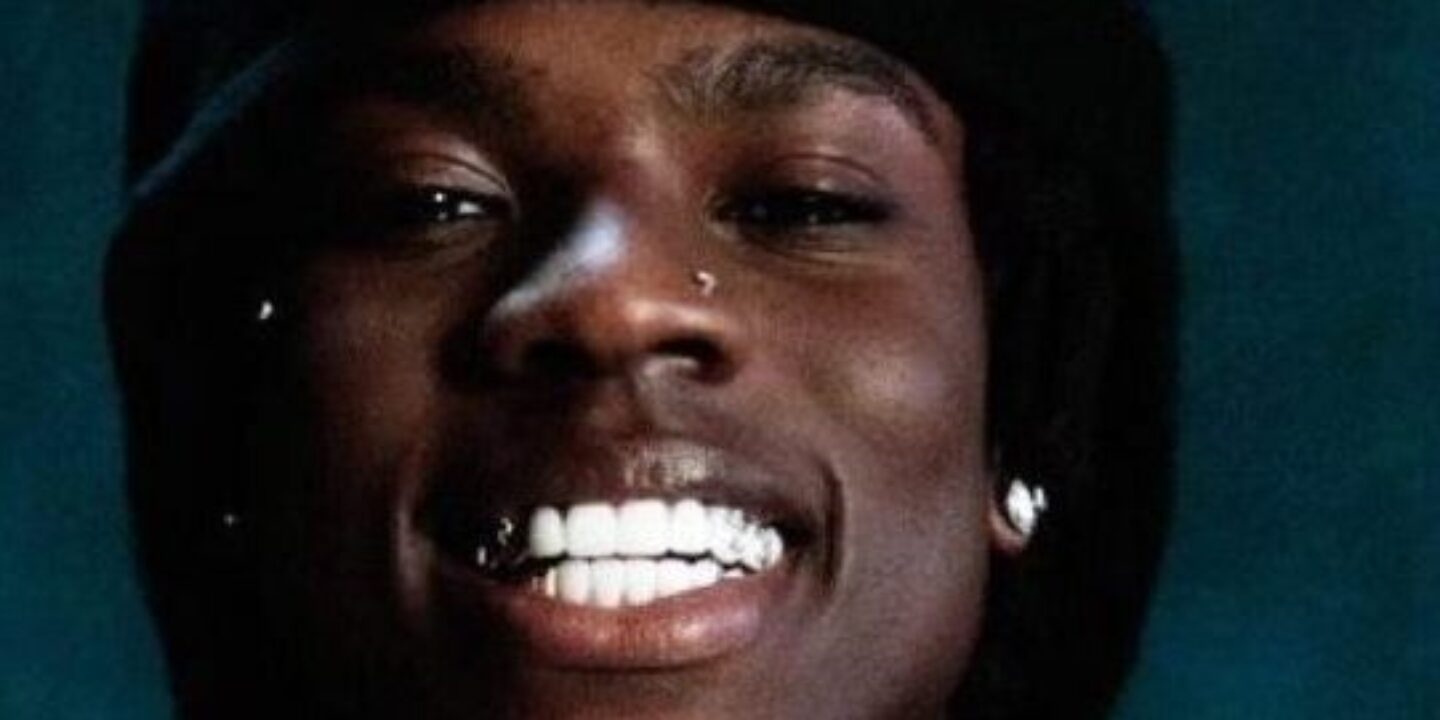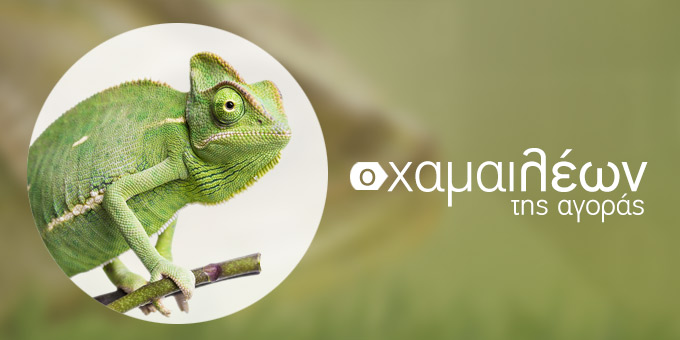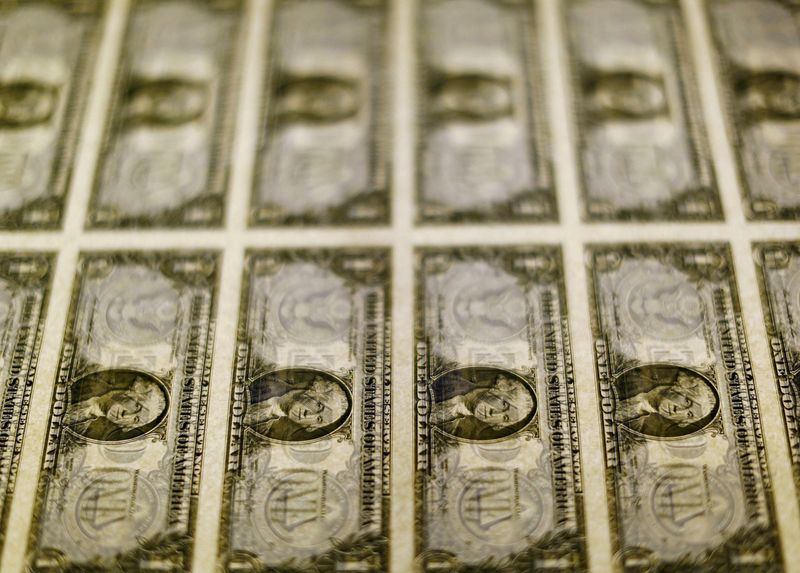Mainz On Wednesday morning, the chairman of the board, Frank Heinricht, presented good figures for the Mainz-based foundation company Schott. The sales of the special glass manufacturer rose by 13 percent to 2.5 billion euros in the staggered 2020/2021 financial year (until September 2021). The operating result before interest and taxes even went up by 35 percent – to 390 million euros. “It was a very successful business year for Schott, we are very satisfied,” Heinricht said in the video conference. A closer look shows, however, that not everything is running smoothly at the Mainz-based company. Schott is benefiting from the pandemic. The glass manufacturer, which is 100 percent owned by the Carl Zeiss Foundation, manufactures pharmaceutical tubes. The Mainz-based company and other customers use this to produce the small bottles for vaccines. The corona booster vaccinations ensure a sustained high demand here. In 2021 alone, the company delivered vials for five billion vaccinations.
get notified by email.
However, the pandemic also has negative effects at Schott. The prices for raw materials and energy have risen, and the Mainz-based company is also feeling problems in the supply chains. Although there are currently no bottlenecks in the company’s own raw materials, mainly lithium and boron, there are sometimes problems with the delivery of the products, said Heinricht. And if the customers themselves cannot deliver the goods, there will also be less demand at Schott.
Increasing energy and raw material prices weigh on the result
Heinricht therefore expects moderate growth of three to five percent for the current fiscal year. Earnings are burdened by rising energy and raw material costs. “This is a high double-digit million amount that we have to finance,” said the Schott boss. Heinricht has been managing Schott since 2013, he will be 60 on March 2nd. The company employs over 17,000 people, 6,000 of them in
The glass remains flexible, it almost feels like foil. Schott researchers have now been working on the product for twelve years. With Samsung there is also a first major customer. The Korean company uses the glass for its foldable smartphones. But Heinricht can imagine a whole range of other applications, such as laptops with large foldable screens: “It’s a great success story that’s emerging here.” Heinricht speaks with passion about technology. Before joining Schott, he managed the Hanau-based family company Heraeus. Even there, he drove the business forward with innovations like today at Schott, back then with precious metals. It is not always the so-called breakthrough innovations, i.e. revolutionary ideas, that Heinricht has in mind. He is also interested in small ideas, things that are developed further from existing technology or that are modified for new applications. In the future, Schott is expected to grow by an average of six percent annually. This is what the long-term strategy that Heinricht presented in 2020 says.
Schott is solidly financed
But it won’t be a sure-fire success: ideas like flexible glass still only make up a small part of sales. Many of the new markets have yet to be developed. Twelve years of work and money does not make an innovation like flexible glass a bestseller. First of all, the company takes the risk. In this context, Heinricht speaks of the three Is: the innovations, the ideas have to be there first. “Then comes the integration. We have to convince our customers to introduce the new product.” After that, the investments would follow, for example to set up production. It helps if you know the shareholders behind you and don’t have to constantly justify yourself to a large number of shareholders and investors. The Carl Zeiss Foundation should be very happy with Schott at the moment. “With net liquidity of 79 million euros and an equity ratio of 41 percent, we are in a robust position,” emphasized CFO Jens Schulte on Wednesday. But Schott is not without competition either. Rivals such as the US company Corning are also working on glass innovations. The Americans have developed the so-called Gorilla Glass, a thin, particularly hard glass that is also used in smartphones. “It’s a head-to-head race,” said Heinricht. “But with our ultra-thin glass, we are one to two years ahead. That hurts the competition, I think.”In addition, Schott has just developed a new cover glass for smartphones that is twice as strong, even compared to the competition.More: Zeiss boss: “We have ten or even 20 golden years ahead of us”
Note: This article have been indexed to our site. We do not claim legitimacy, ownership or copyright of any of the content above. To see the article at original source Click Here














